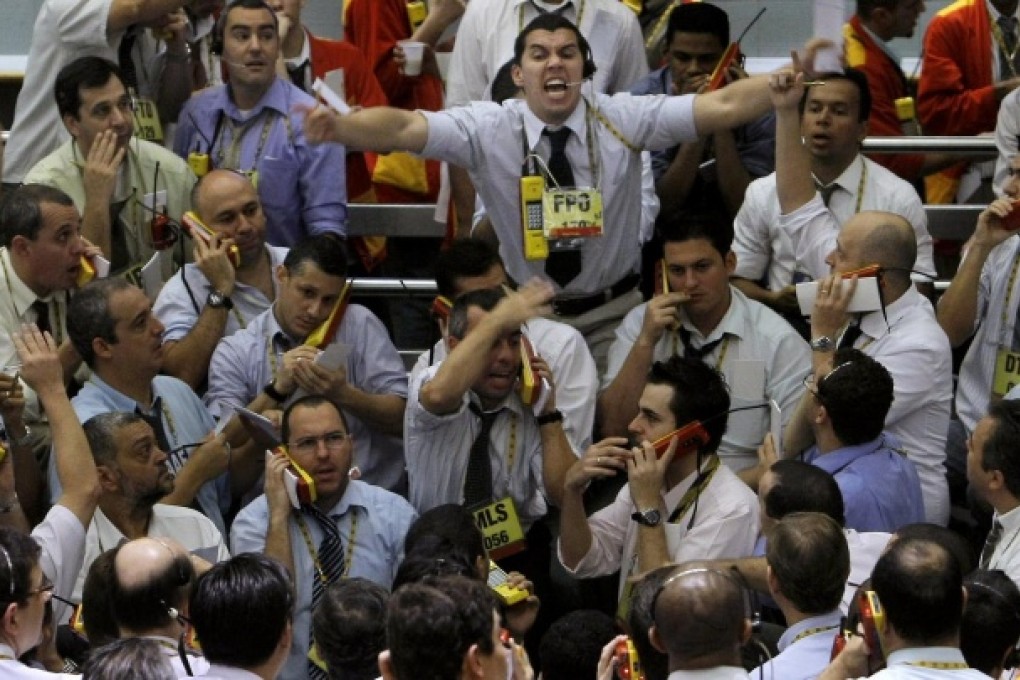Opinion | Hong Kong investors uninterested in BRICS cross index futures
Bid to develop cross-border trading proves a flop as HK investors show little interest

With many investors interested in emerging markets, it sounded like a great idea when the BRICS Exchanges Alliance was formed 19 months ago.
But it now appears the alliance has been a flop. It has achieved little and its grand idea of cross-border trading of futures contracts across exchanges has fizzled.
The emerging markets of Brazil, Russia, India, China and South Africa formed the alliance in October 2011, with Hong Kong Exchanges and Clearing representing China.
At the time of the establishment of the alliance, the five exchanges had a combined 9,481 companies listed, with a market capitalisation of US$9.02 trillion. Their combined monthly turnover was US$422 billion, representing 18 per cent of all listed derivative trading worldwide.
The aim of the alliance was to develop cross-border trading of products, and to work together to develop other projects.
There has been 15 months of cross-border trading. Yet little progress has been made so far.
